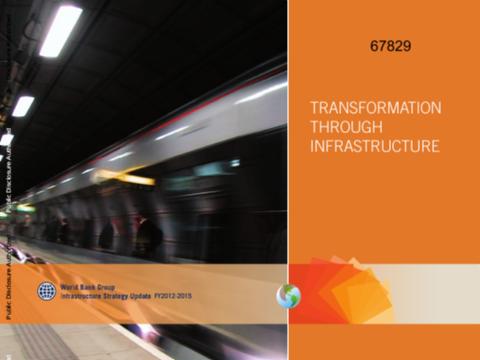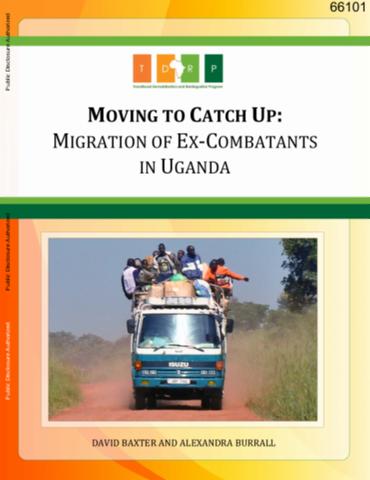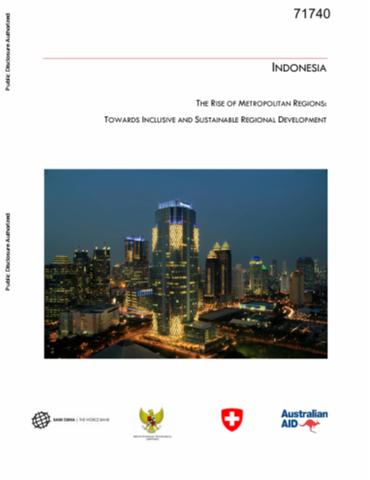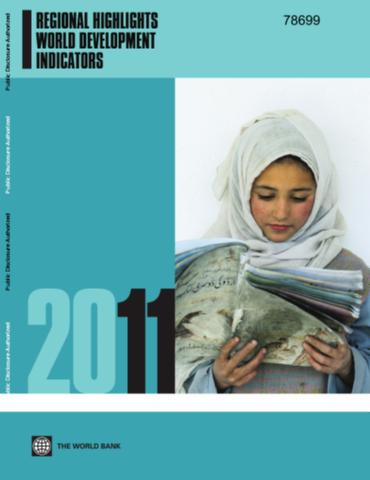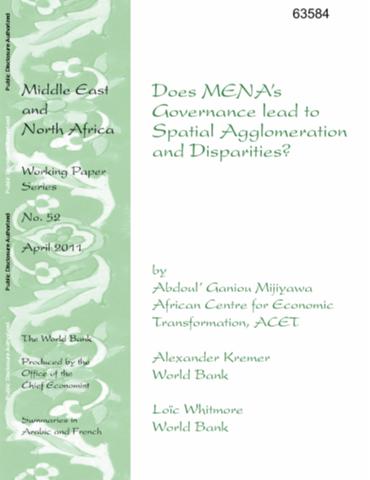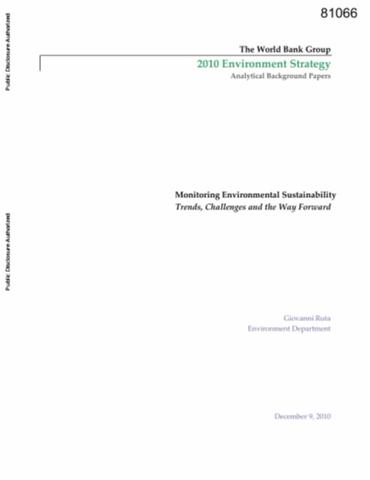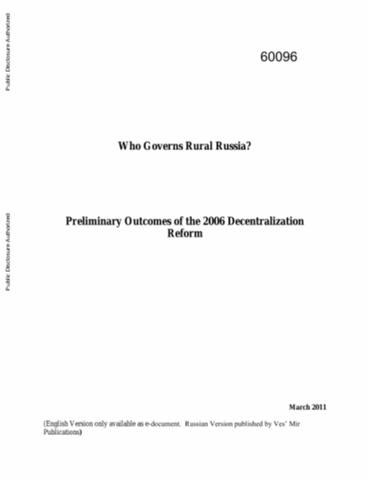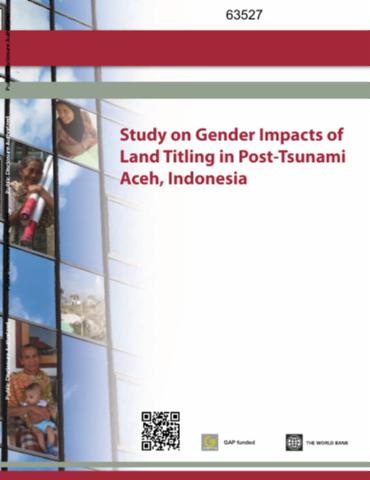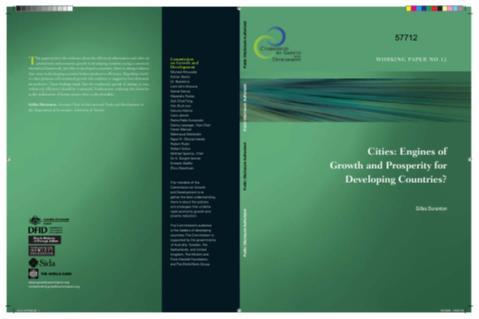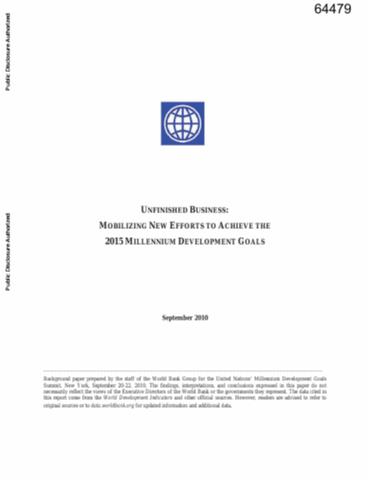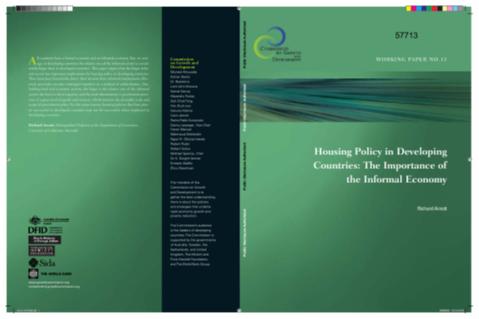Transformation through Infrastructure
Infrastructure can be an agent of change in addressing the most systemic development challenges of today s world from social stability to rapid urbanization, climate change adaptation and mitigation, natural disasters, and global issues such as food and energy security. Transformation through Infrastructure the updated World Bank Group Infrastructure Strategy FY12-15 - lays out the framework for transforming the Bank Group s engagement in infrastructure.

